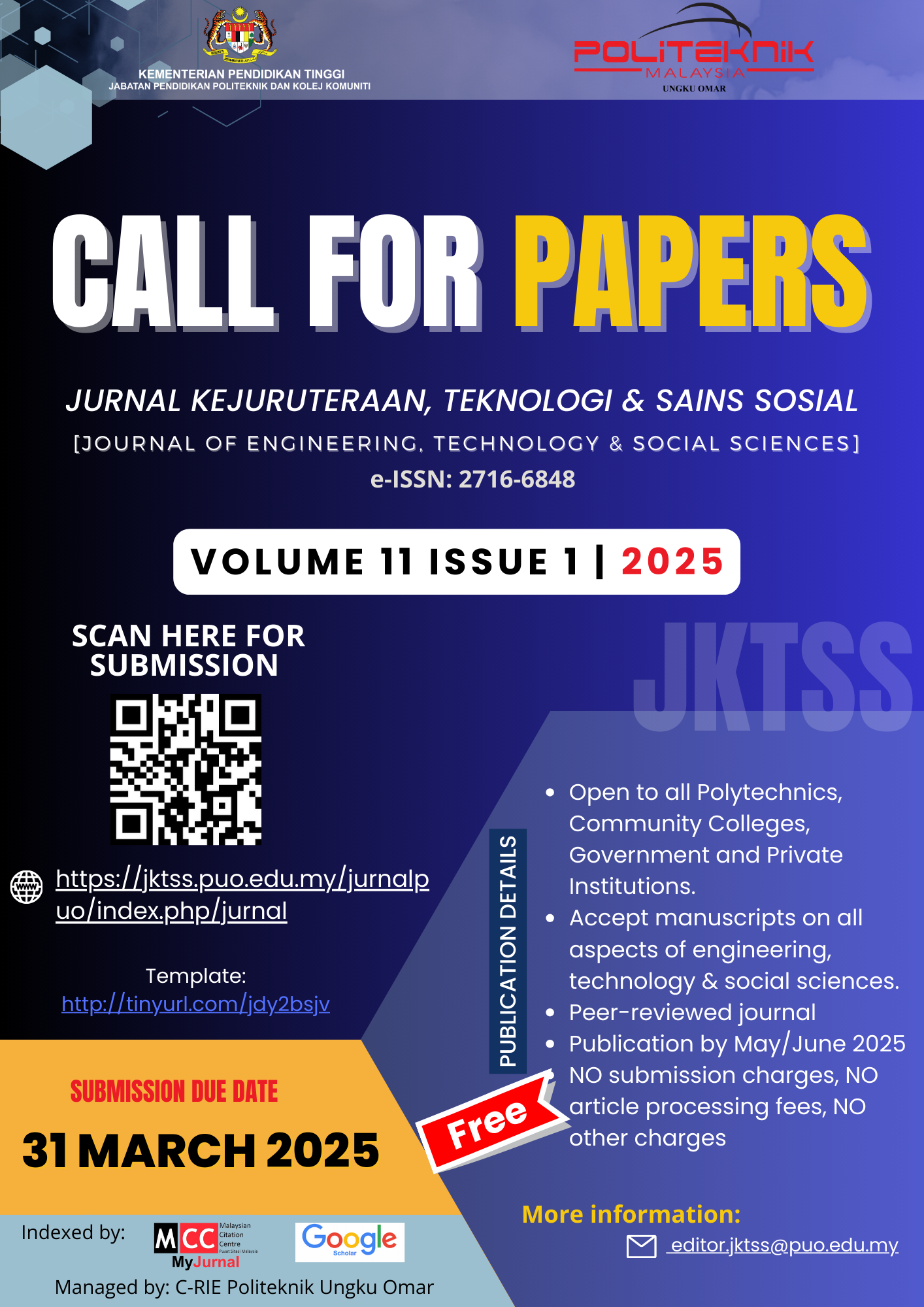SUSTAINABLE URBAN DEVELOPMENT: ENHANCING QUALITY OF LIFE THROUGH GREEN INNOVATIONS AND ENVIRONMENTAL PRACTICES
Keywords:
sustainable urban development; green technologies; building integrated photovoltaics (BIPV; life cycle assessment (LCA); community engagementAbstract
This paper examines sustainable urban development as a response to the challenges of rapid urbanization, climate change, and resource scarcity. The objective is to evaluate how green technologies and environmental practices enhance quality of life and promote ecological resilience. The scope of analysis includes green stormwater infrastructure (GSI), Building Integrated Photovoltaics (BIPV), Life Cycle Assessment (LCA) and strategies for optimizing indoor environmental quality. The study adopts a qualitative approach by synthesizing peer-reviewed literature, case studies and environmental simulation findings. Results indicate that increased urban greenery improves thermal comfort, reduces cooling energy demand, and enhances live ability in dense areas. BIPV integration contributes to renewable energy production while maintaining architectural value, and LCA provides a systematic framework for sustainable material selection and reducing construction impacts. Barriers such as regulatory gaps, financial limitations, and low public awareness constrain broader adoption, with public perception identified as a critical determinant of success. Future research should focus on linking green practices with emotional well-being, leisure opportunities, and community engagement to strengthen holistic sustainability. This study contributes to the discourse on urban resilience by identifying practical strategies and knowledge gaps, emphasizing the need for interdisciplinary collaboration in shaping inclusive and liveable cities.










